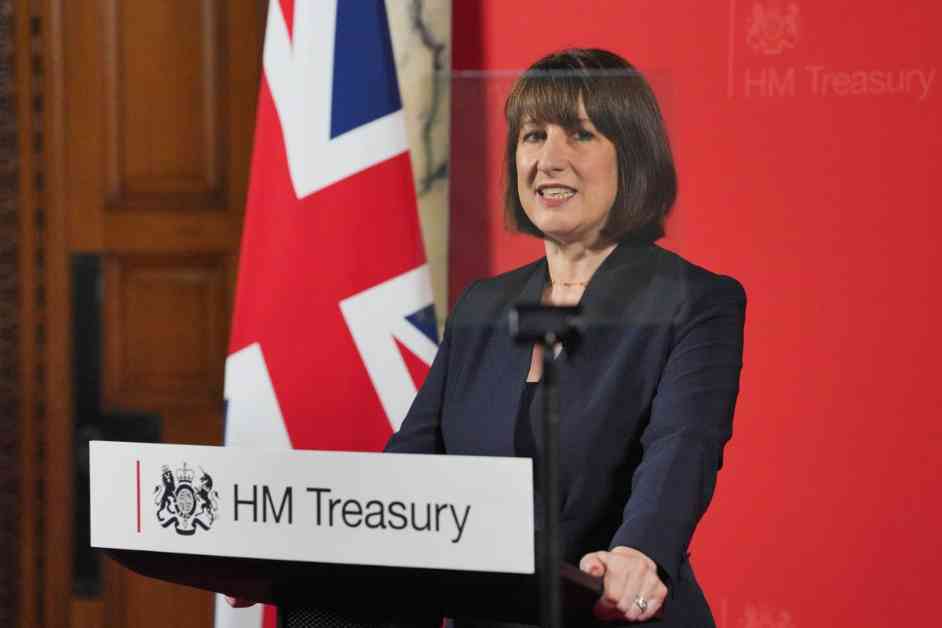Chancellor Rachel Reeves is planning to address the £20 billion deficit facing the government by implementing immediate cost-cutting measures. She is expected to criticize the previous Conservative government for allegedly concealing the true state of public finances. Reeves will present the findings of a Treasury spending audit she initiated and announce the date of her first autumn Budget, aiming to restore economic stability.
However, concerns arise as cabinet minister Pat McFadden has hinted at potential tax increases in the future to cover the financial gap left by the Tories. Despite the chancellor’s statement outlining spending plans, McFadden did not rule out the possibility of future tax hikes. This announcement comes at a time when Kemi Badenoch has declared her candidacy for the Conservative Party leadership.
In a recent poll conducted by YouGov, it was revealed that nearly two-thirds of UK citizens have a negative view of the economy, with only one in ten holding a positive assessment. This sentiment reflects the challenging economic state perceived by the majority of voters.
On a different note, MSP Brian Whittle has joined the race for the Scottish Tory leadership, emphasizing his background as a former Olympian sprinter. He aims to bring a fresh perspective to the party’s leadership and focus on core principles such as education, enterprise, and empowering individuals.
In response to claims made by Labour about a £20 billion black hole in public finances, Shadow science secretary Andrew Griffith criticized the allegations, calling them a “con.” He accused both Labour and the Tories of manipulating financial figures and pledges for political gain.
Additionally, the government has pledged to address overpayments to carers that have resulted in significant debt accumulation and forced some individuals to quit their jobs. Carers UK has highlighted the distress caused by overpayments and called for reforms to the system to prevent further financial burdens on carers.
To enhance financial accountability in government spending, Rachel Reeves is set to introduce a new “Office for Value for Money” aimed at scrutinizing public expenditures and ensuring optimal use of resources. This initiative aligns with the chancellor’s goal of eliminating wasteful spending and improving the efficiency of government operations.
As the discussions around economic stability and financial management continue, it is essential for policymakers to prioritize transparency, accountability, and sustainable budgeting practices to address the challenges facing the UK economy effectively. By implementing strategic measures and fostering constructive dialogue, the government can work towards restoring economic stability and building a resilient financial foundation for the future.












